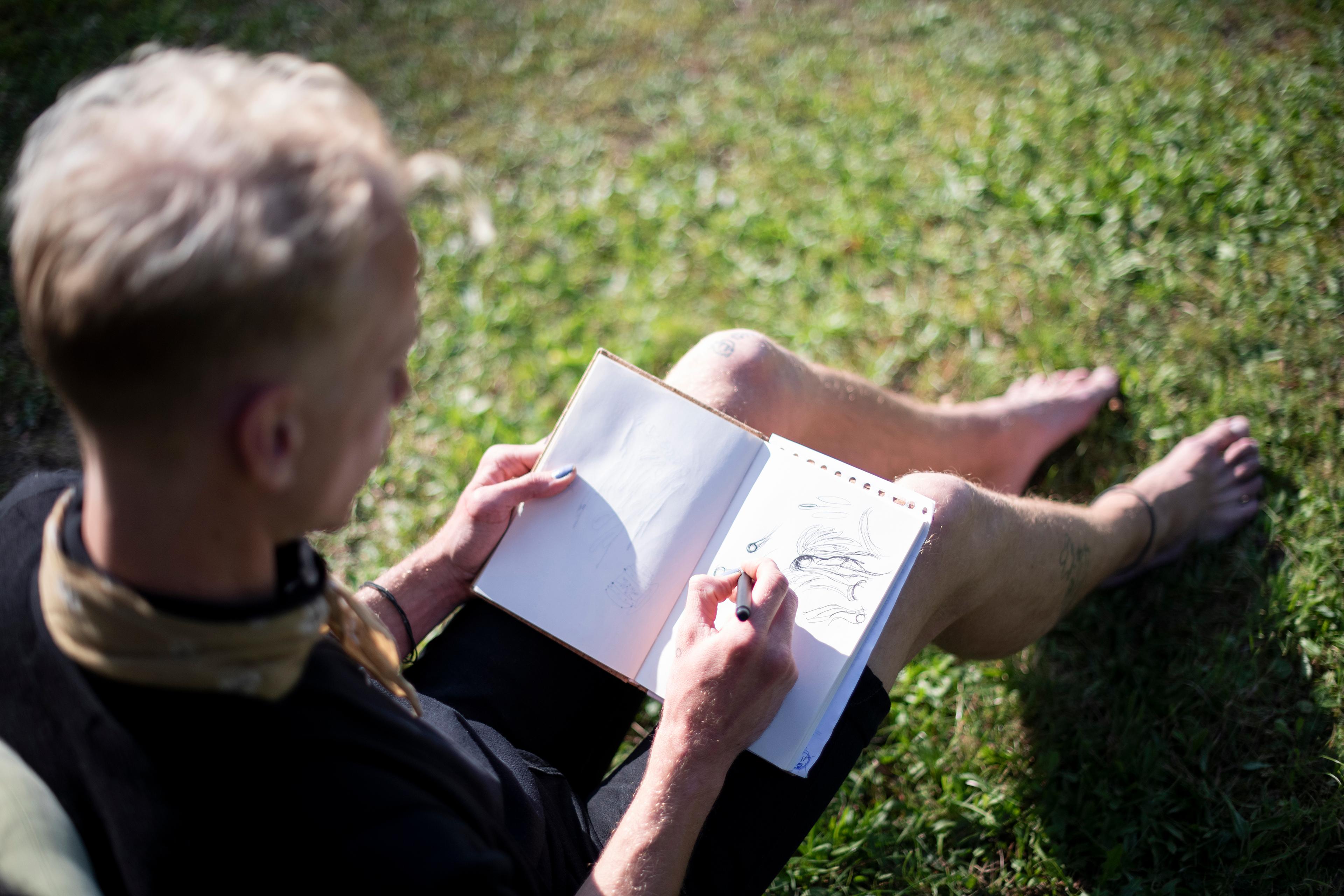
How to get to know all (the parts) of you
An emerging form of psychotherapy offers some surprising ways to think about who you are and work towards self-acceptance
by Derek Scott

An emerging form of psychotherapy offers some surprising ways to think about who you are and work towards self-acceptance
by Derek Scott

Our stories help us make sense of a chaotic world, but they can be harmful and restrictive. There’s a liberating alternative
by Karen Simecek

Authenticity has changed from an inward gaze to a social display. Can we reconcile the performance with the real thing?
by Joseph E Davis


Self-compassion techniques aren’t self-indulgent – they’ll tame your inner critic while helping you change for the better
by Brooke Schwartz
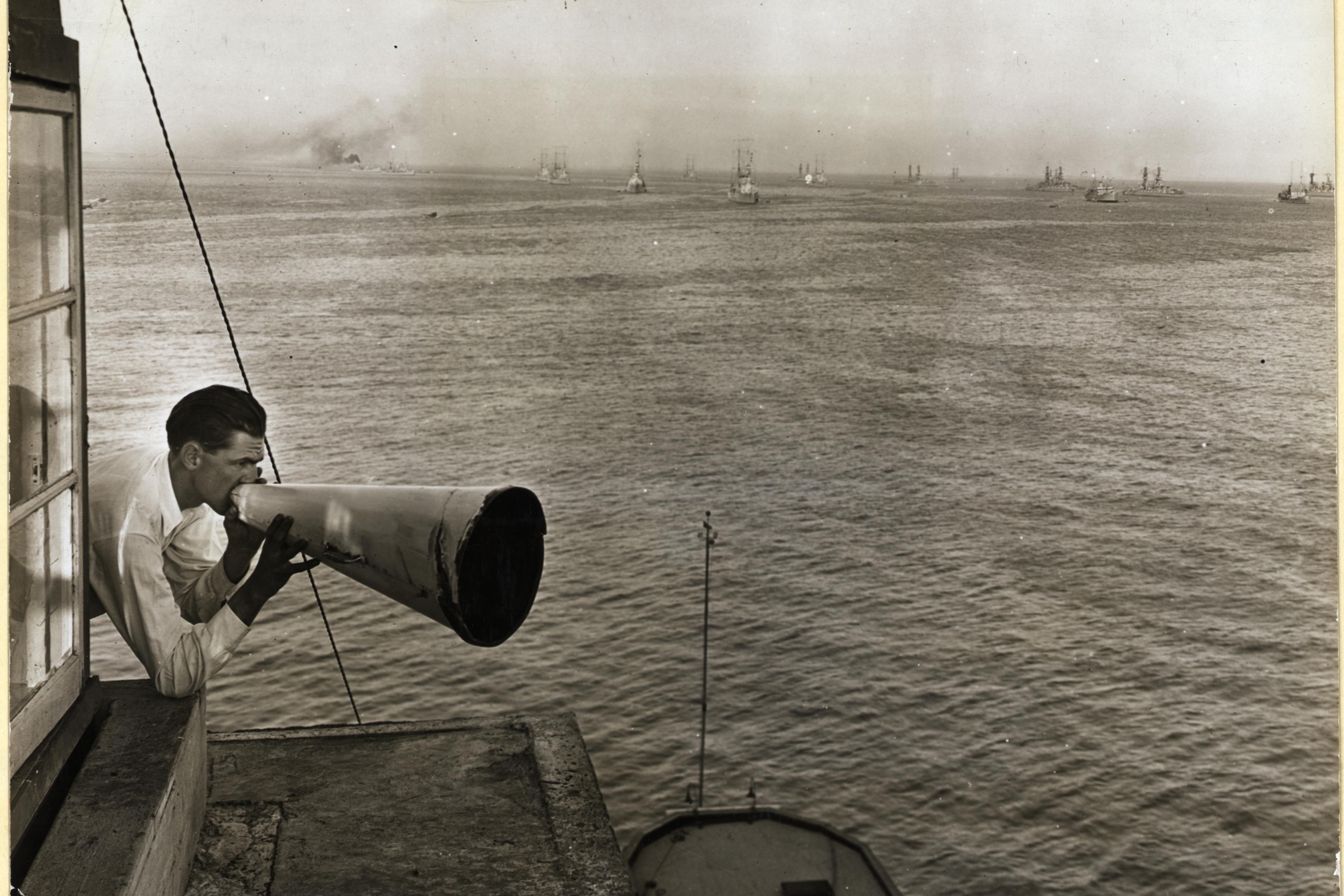
Do you sometimes feel silenced or afraid to speak up? Learn to use your natural voice and be heard for who you really are
by Sophie Scott

For Donald Winnicott, your psyche isn’t just in your head – it emerges from your relationships with others and the world
by James Barnes
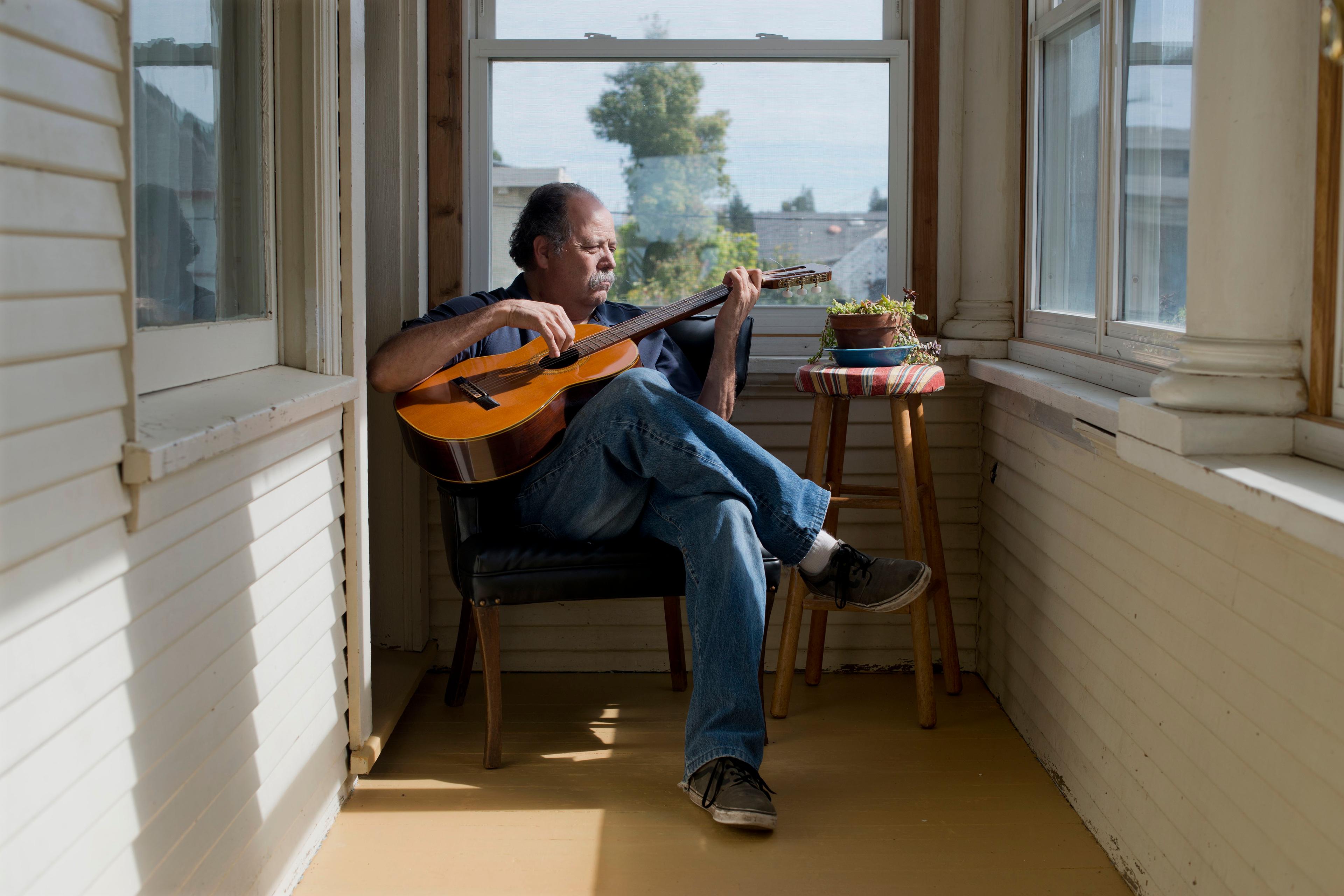
Contrary to popular belief, it’s not self-indulgent to practise self-compassion. In fact, it helps you to care for others
by Christina Chwyl

Some people have a powerful desire to understand themselves, but their path to self-knowledge is rarely straightforward
by Christoph Heine

People diagnosed with ‘avoidant personality disorder’ fear getting close to other people, yet crave greater connection
by Kristine Dahl Sørensen & Marit Råbu

Jung believed we all have a Shadow self. Facing up to it could help you live more fully and be more forgiving of others
by Ruth Williams
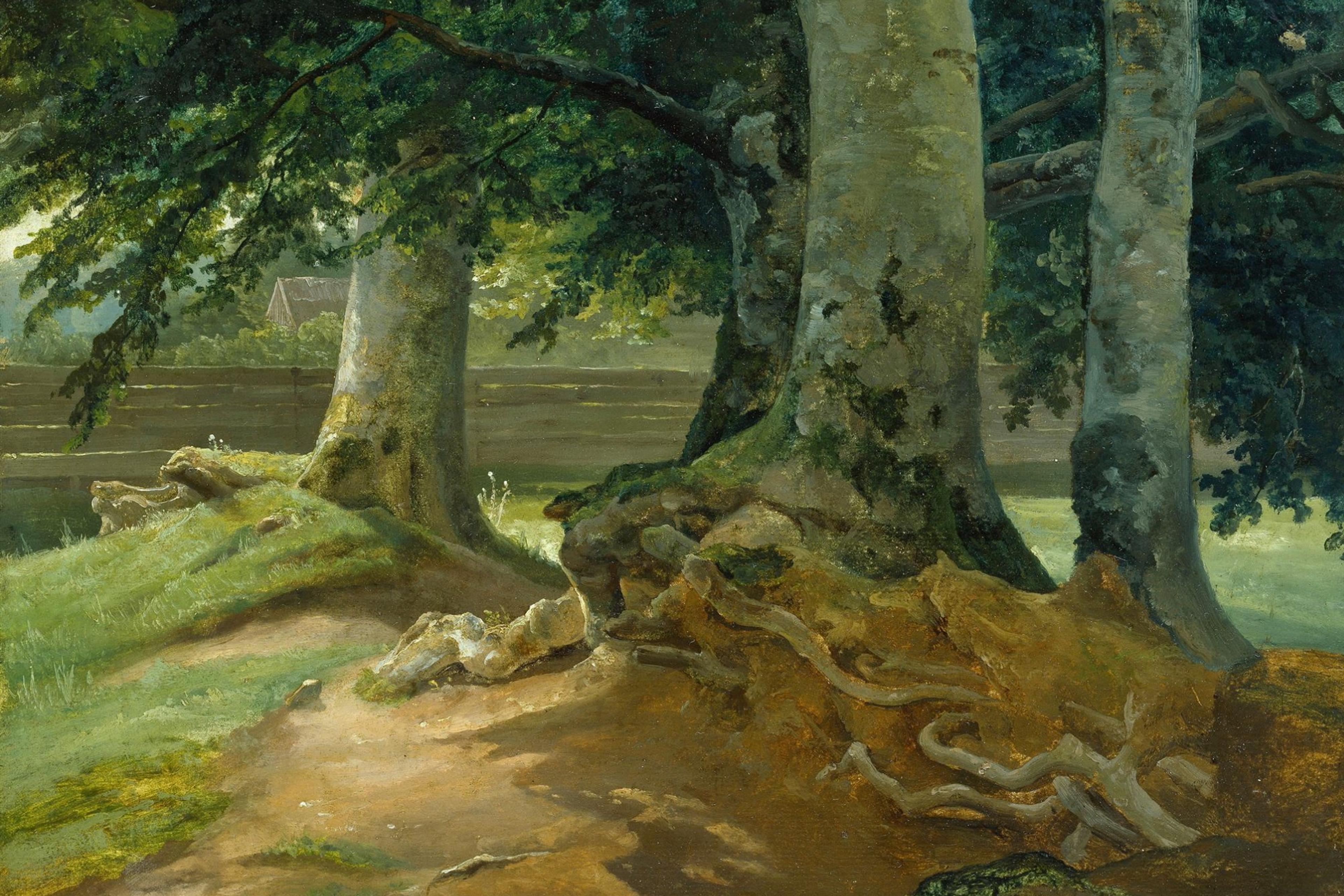
Aphantasia veils the past and the future from the mind’s eye. That can be a gift to philosophers like Derek Parfit and me
by Mette Leonard Høeg
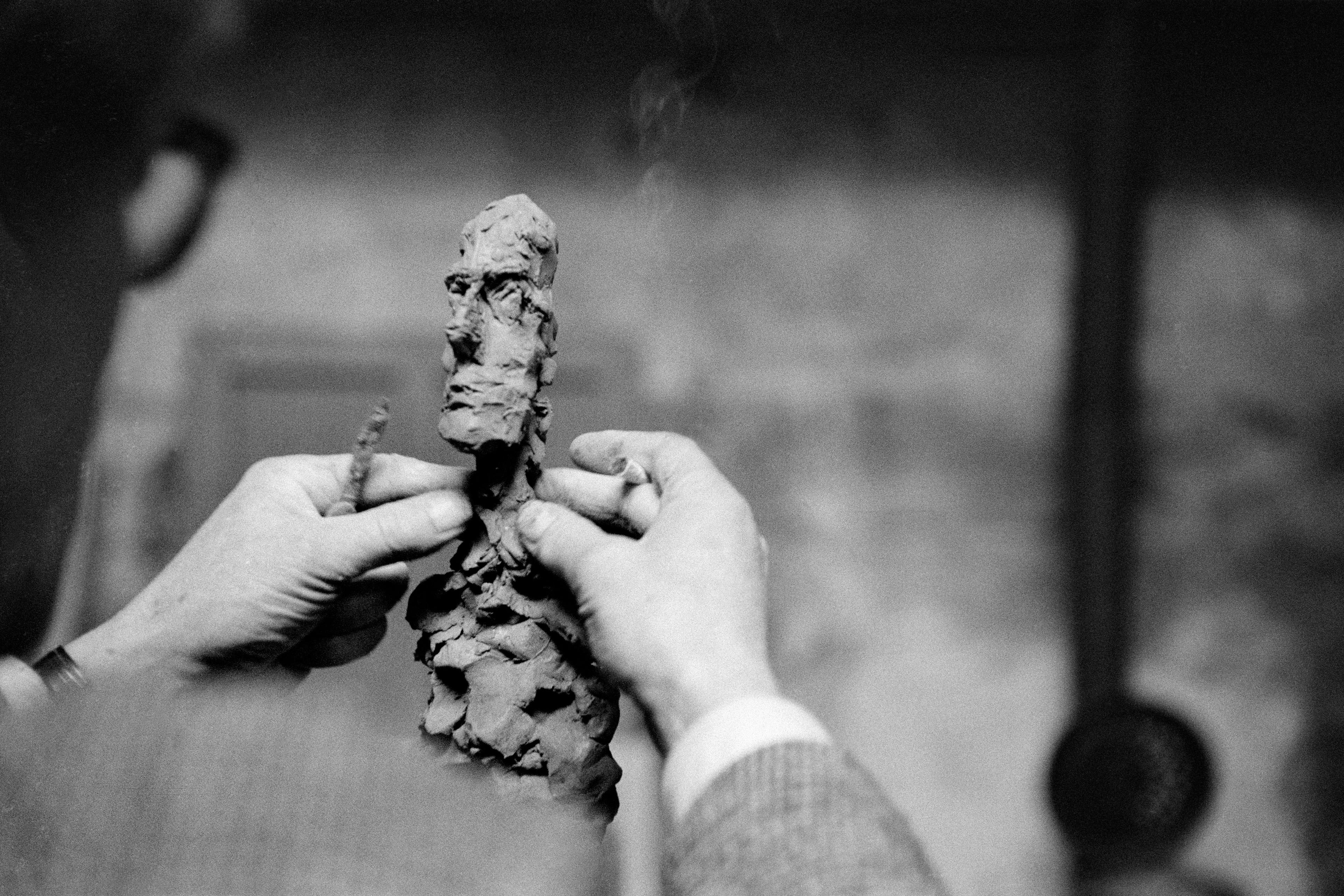
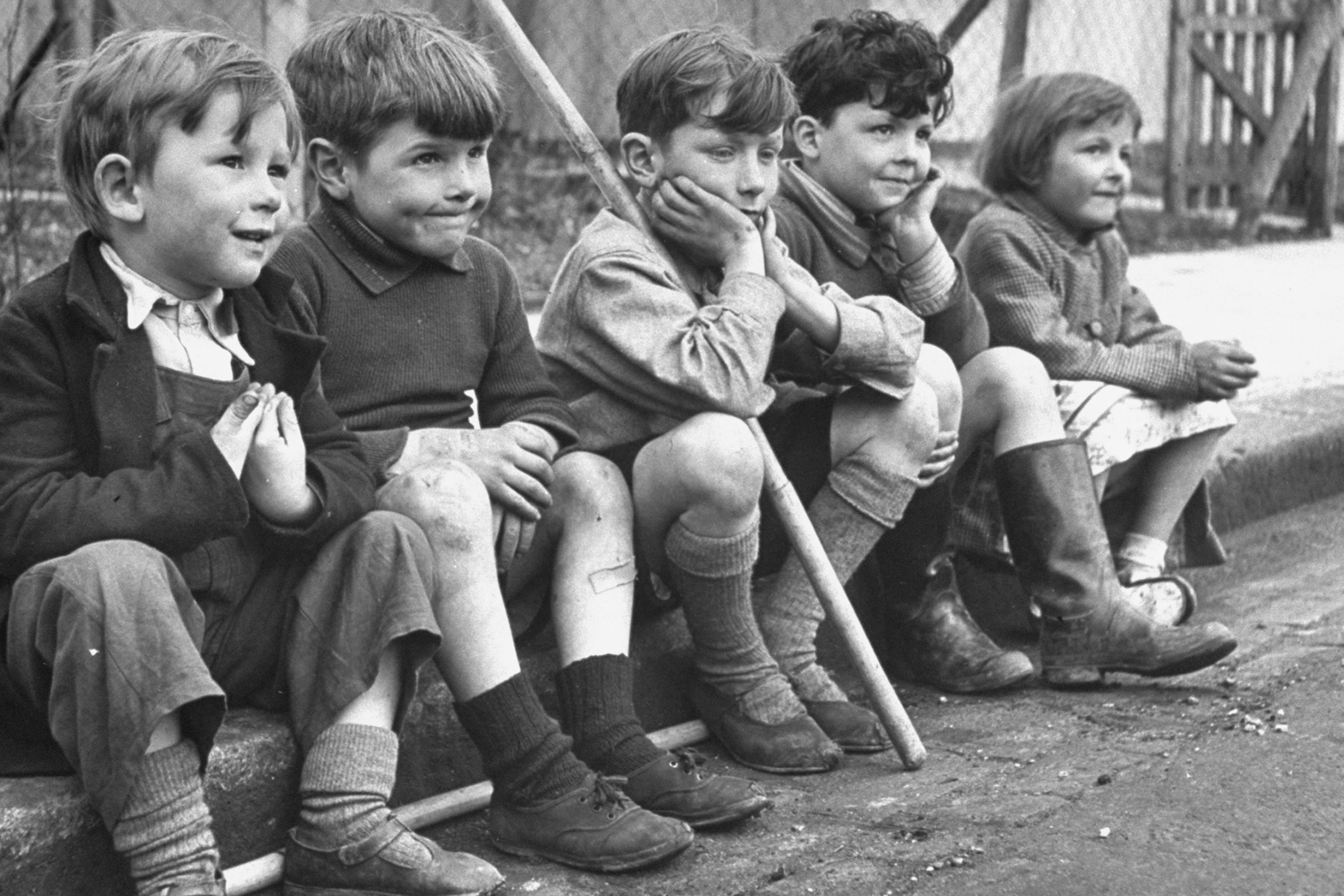
Self-help books are a broken parachute: to win friends and influence people, take advice from a social scientist instead
by Craig Schamel
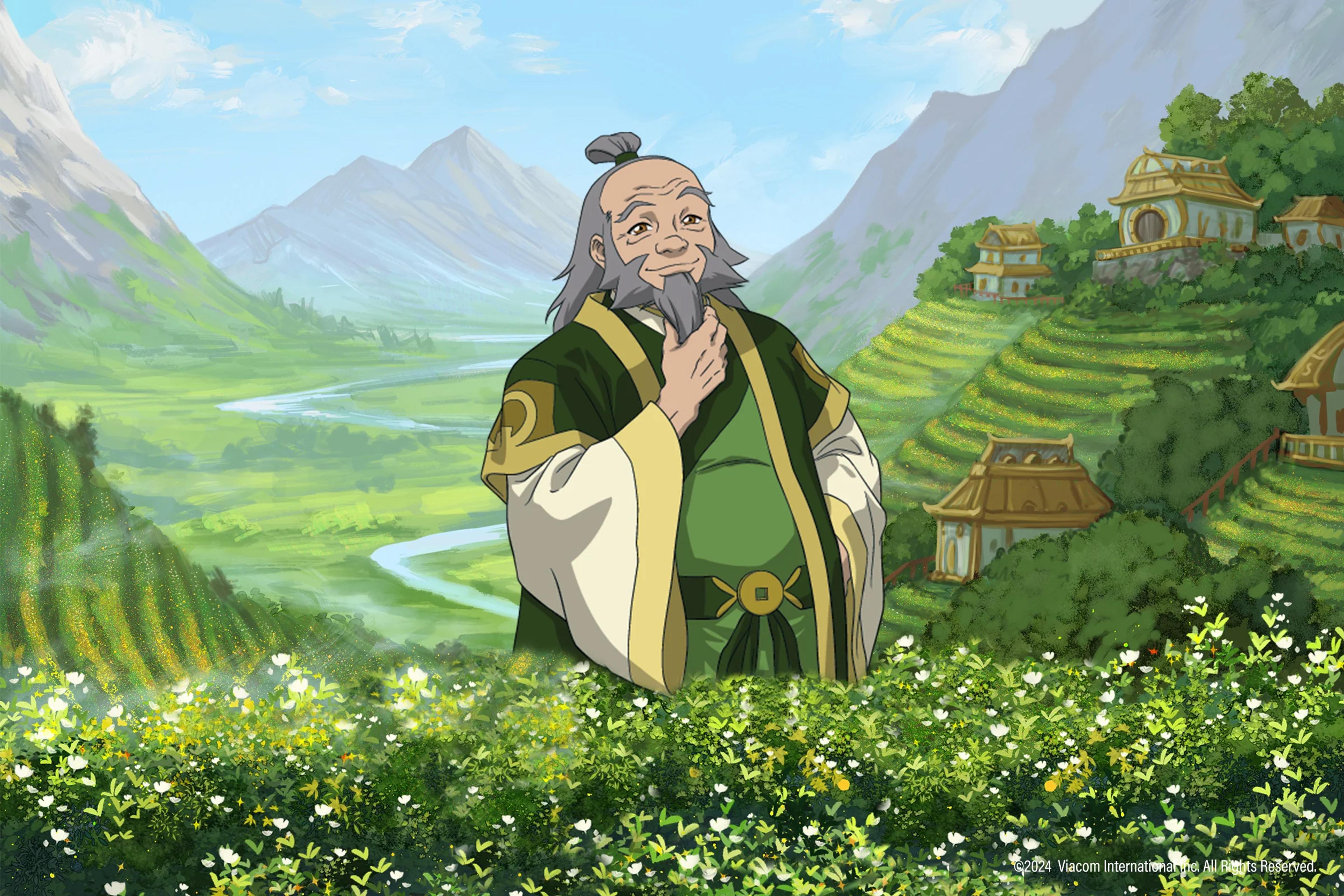
Scenes from books, movies and games sometimes carry as much weight as events from people’s own lives. We’re finding out why
by Osman Görkem Çetin
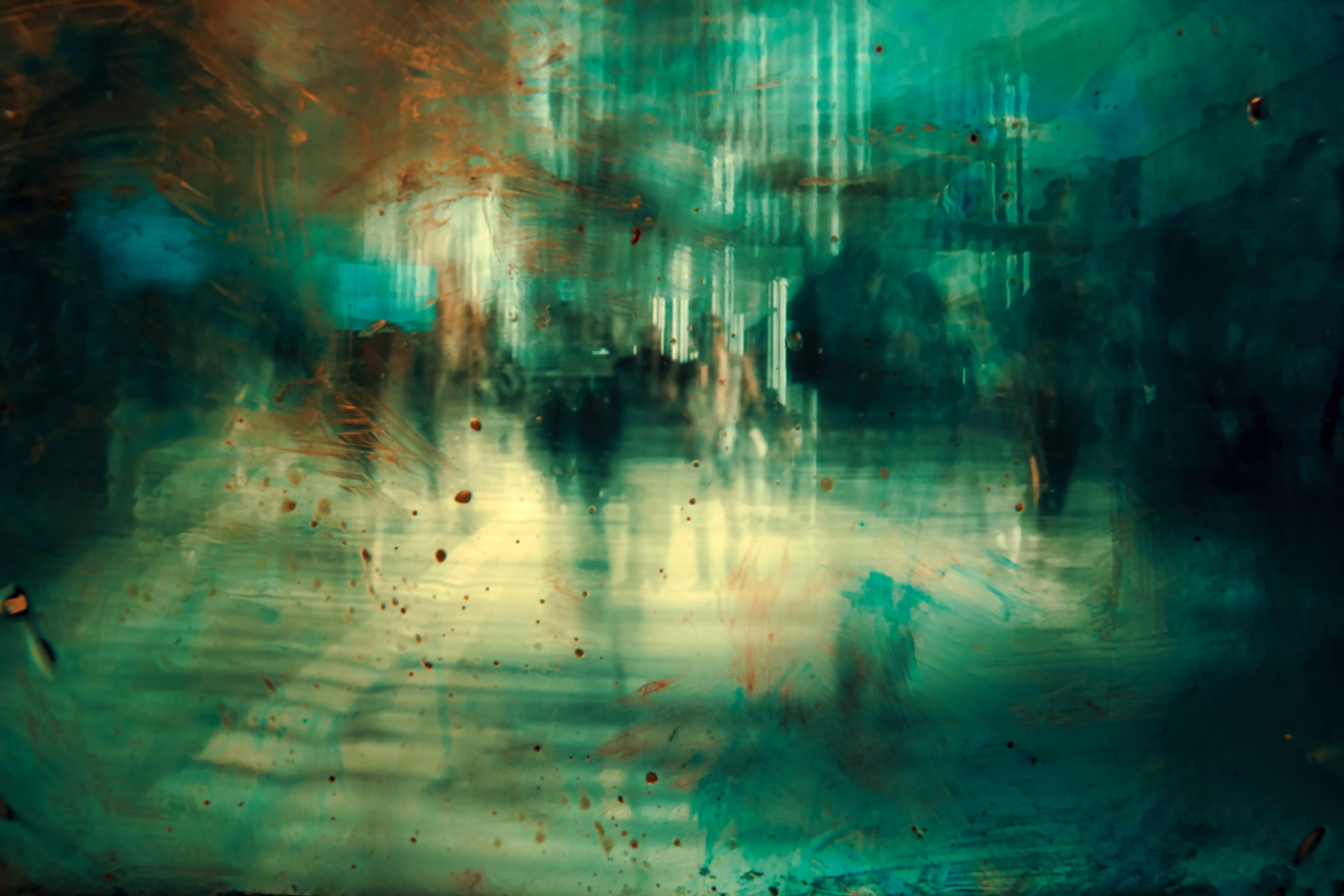
People with anterograde amnesia can’t rely on memory alone for their sense of self. Instead, they remember with their body
by Ben Platts-Mills